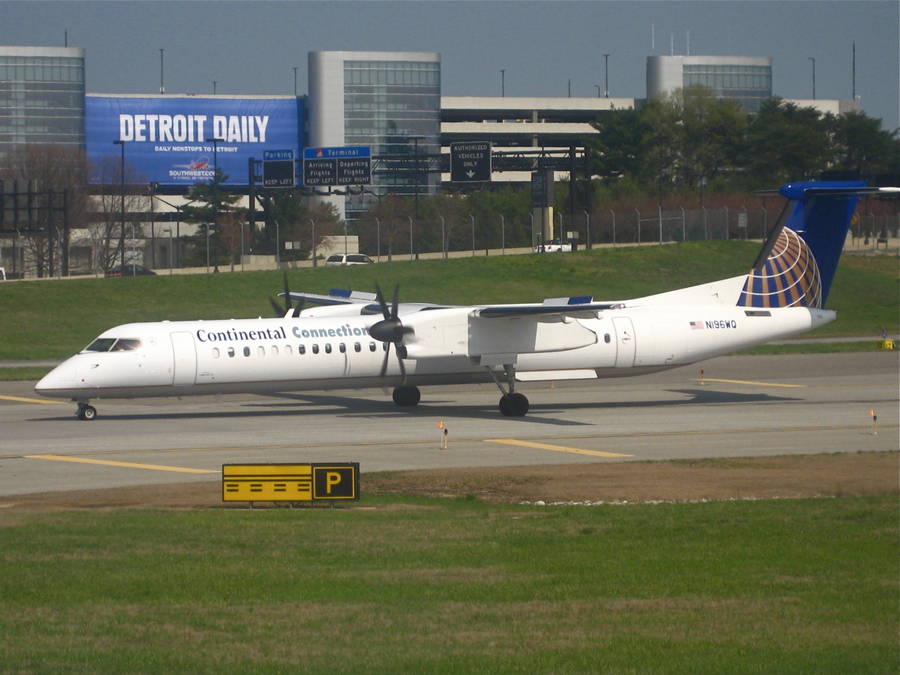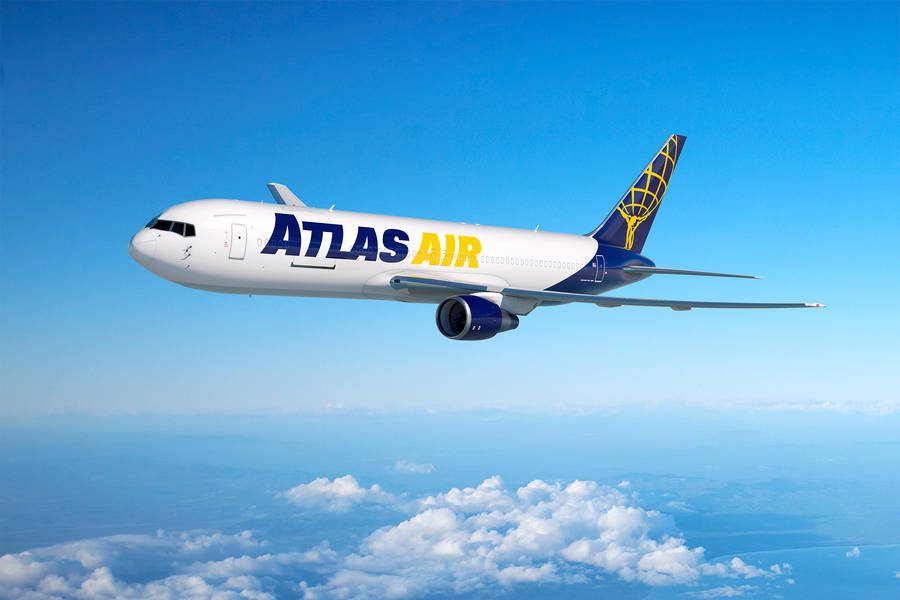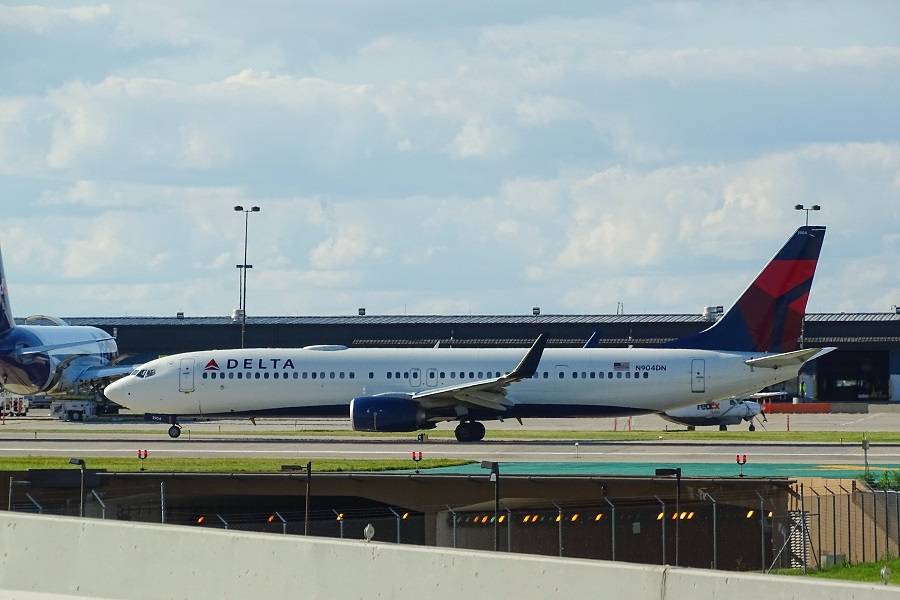After years of deliberations, the FAA will create a Pilot Records Database, to enable airlines to share pilot records with each other.
The FAA submitted the final rule with regards to the creation of the Pilot Records Database (PRD). This will modernize pilot record-sharing, with an electronic database that the FAA itself will maintain. The new PRD will replace the current system, which is the Pilot Records Improvement Act (PRIA). This is not a digitized system that has seen criticism, for the difficulty for airlines to access it, in practice.

The pivotal event that made people call for the creation/update of a digital pilot records database, was Colgan Flight 3407. This was a landmark accident that happened in February 2009, involving the crash of a Dash-8-400 (Q400). Among its other effects, this crash led to the rule requiring a minimum of 1,500 hours for pilots, before they join a US commercial carrier. This was because there were questions about the role the experience of the crew played in the accident.
Pilot Vetting Concerns
However, there were also questions about the competence of the pilots in flight 3407. The Captain had failed three check rides, before joining Colgan Air. This is the sort of information that a digital pilot records database would help with. There were other factors in this crash, including fatigue and insufficient rest. Regional carriers made many changes after the event in this regard.

The question of airlines being able to share pilot records using a digital database reappeared recently, with another tragic crash. This was Atlas Air Flight 3591, on February 2019. Again, a crew member’s records before joining the airline, came into question. The systems that airlines used to vet newly-hired pilots also received criticism, with some operators using employment agencies.
The new Pilot Records Database should address a lot of these concerns. While there had been calls for such a digital database for some time, its form and details were hard to finalize. This is in part because of privacy concerns, since the details in the PRD include medical and other personal information.

This information will include:
- FAA certificates and ratings
- Summaries from the FAA of unsatisfactory pilot applications for new certificates and ratings
- FAA records of accidents, incidents and enforcement actions
- Employer records on pilot training, qualification and proficiency
- Pilot drug and alcohol records
- Employers’ final disciplinary action records
- Pilot records concerning separation of employment
- Verification of pilot motor vehicle driving record
Reactions And Support for a Pilot Records Database
The transition from the older system (PRIA) to the new digital Pilot Records Database will be gradual. This is because it will take time to ‘back-fill’ the PRD with existing information in the PRIA. The goal is to transfer records going back to the beginning of 2015, which should occur at the most two years after the PRD’s launch. PRIA will cease to be an option for the airlines three years and 90 days after publication of the PRD.

So in essence, the Pilot Records Database is a way to improve vetting of pilots. In addition to privacy, there are some concerns that the system could be open to abuse by employers. The Coalition of Airline Pilots Association (CAPA) also wants the FAA to ensure access to similar records for foreign applicants. However, organisations like the NTSB, the Regional Airline Association (RAA) are in favour of the introduction of the Pilot Records Database.
‘Families of Continental Flight 3407 also support the move. FAA Administrator Steve Dickson referred to them, when introducing the new database:
“It has been a long journey for the families of Colgan Flight 3407, but their tireless advocacy and continued engagement with the FAA has made this database a reality. With it, employers will be able to quickly and thoroughly make informed hiring decisions to keep our skies safe.”
For the full text of the Pilot Records Database final rule, go HERE




1 comment
Michael Shatto
Twenty years. That’s fast for a Government agency.